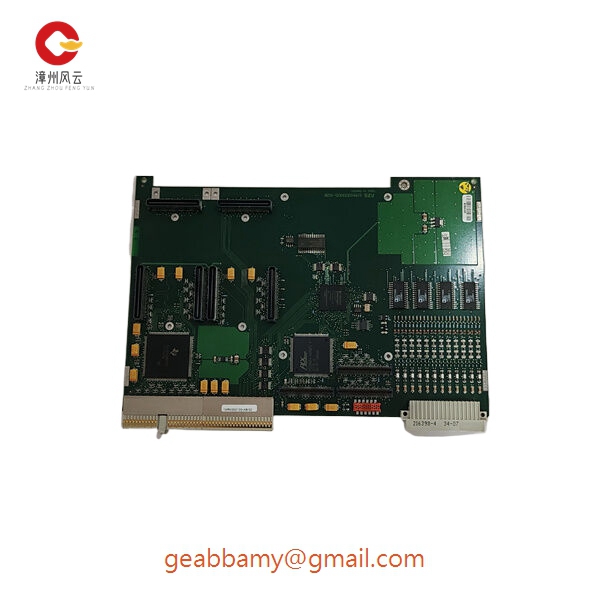Product code: N/A
CI858-1 3BSE018137R1 Industrial Control Systems
📣Model Number:CI858-1 3BSE018137R1
🌍Country of origin: USA France Germany Estonia Norway UK
⌚Delivery date: in stock
🛠After-sales service: brand new with one year warranty
⚙️ Product Category: Module/Controller/Server/Motor/Touch Screen
🕰Warranty: 12 months/365 days
☎️ Please contact me: 15359029662 Ms. Amy Sun
📎Chinese official website: www.dcsplcabb.com
📩Email: geabbamy@gmail.com
💬Whatsapp: +86 15359029662
Detailed content
CI858-1 3BSE018137R1
Each of the five I/O channels of the CI858-1 3BSE018137R1 module can be independently configured via software. All channels also offer Power over Ethernet (PoE). Tight integration of Ethernet into process control and I/O networks allows a wide range of edge devices and enterprise data to be deployed into real-time control logic, much in the same way that engineers integrate data from more typical process sensors and actuators. This provides a real-time communication channel for data exchange between OT production and IT enterprise systems. With automated programme backups, previous versions can be restored with just a few clicks, saving time and avoiding product errors. Automatic backup can be applied to individual devices or to the entire plant, even if it consists of hundreds or even thousands of devices and sensors as well as hardware and software components.
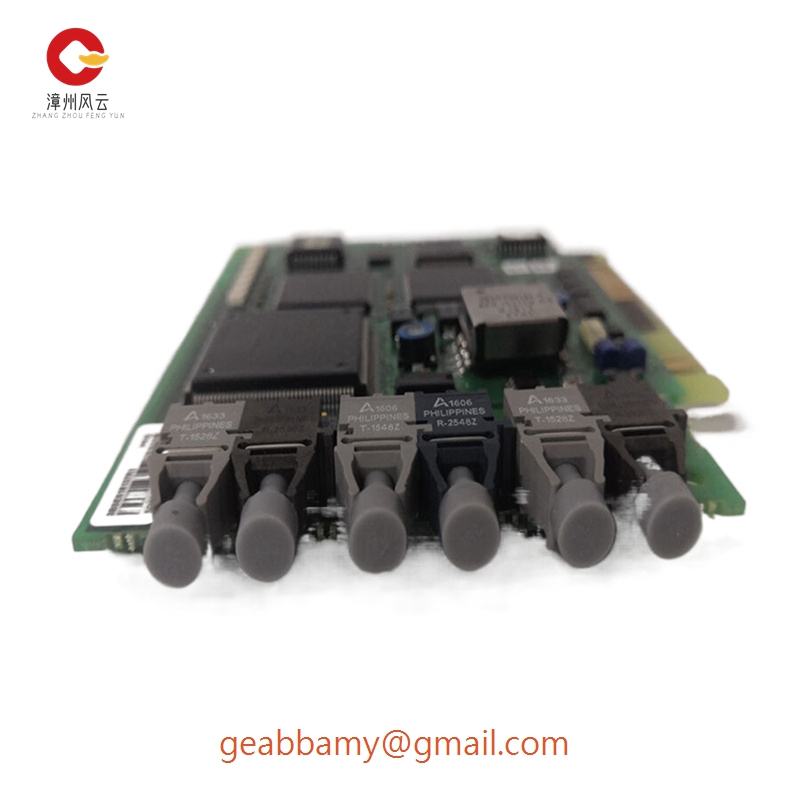
CI858-1 3BSE018137R1 is widely used in open industrial control system (ICS) applications because it is built on proven high-speed stacks that have been enhanced for use in industrial equipment such as robots, PLCs, sensors, CNCs, and other industrial machines. abb protects ethernet i/o in a number of ways including incorporating FIPS-compliant EI/O modules to pinless electromagnetic backplanes, embedding authentication logic, True Random Number Generation (TRNG) and cryptographic keys into semiconductor hardware, and isolating the flow of information within each channel through the split kernel feature in secure real-time operating systems (RTOS). The current and correct status of all machine programming is displayed, as well as a version history of all changes, and a detailed view of program variances is available through tabular and graphical reports. This makes it easy to see what changes were made, when and why.




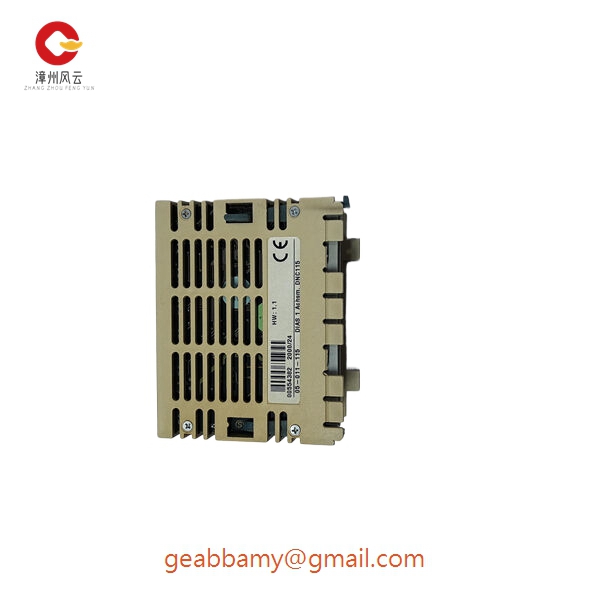
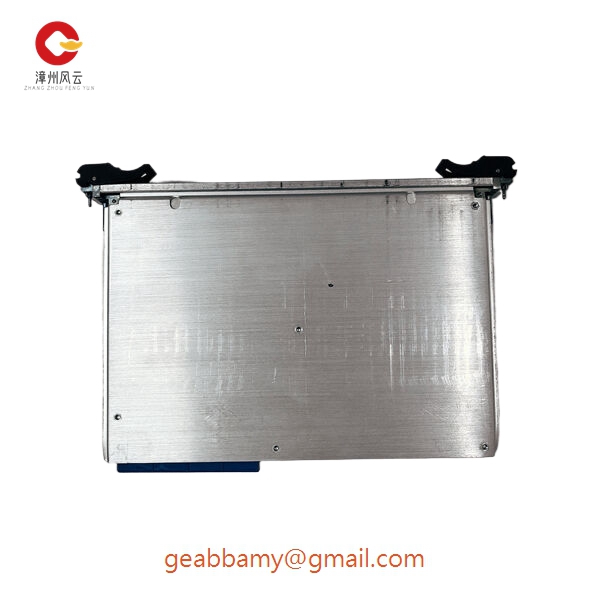
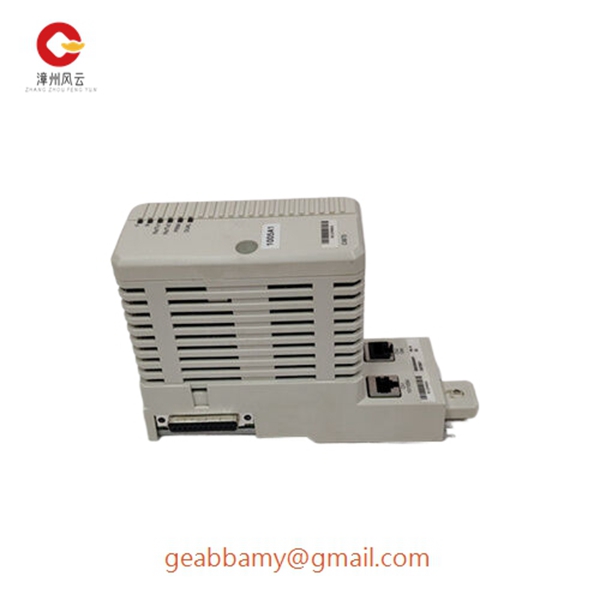
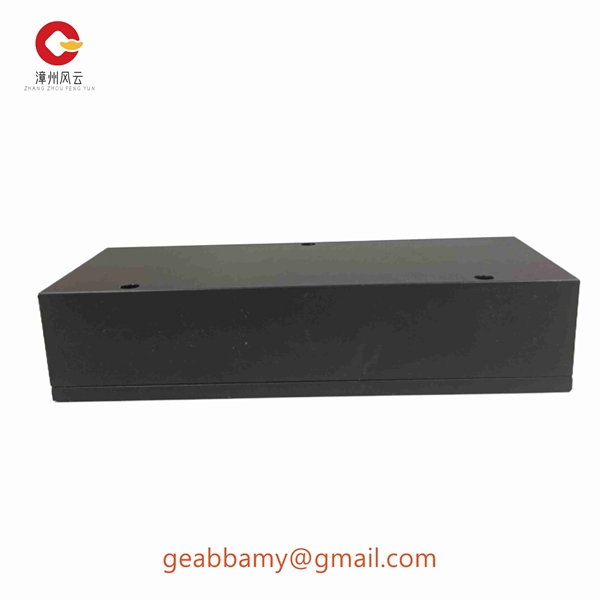
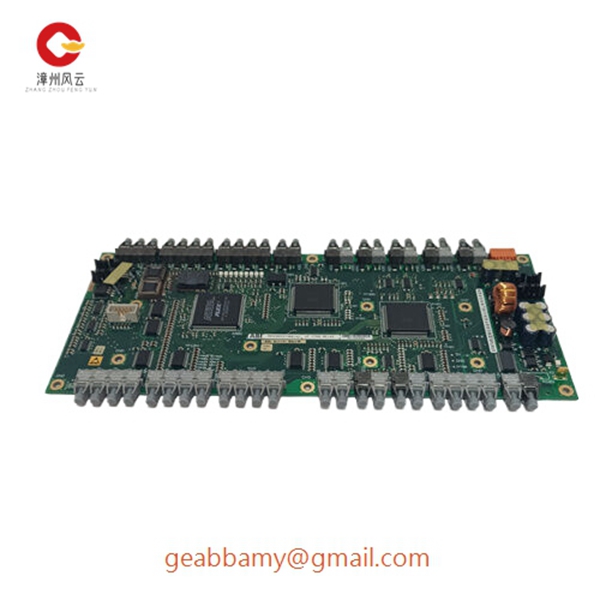
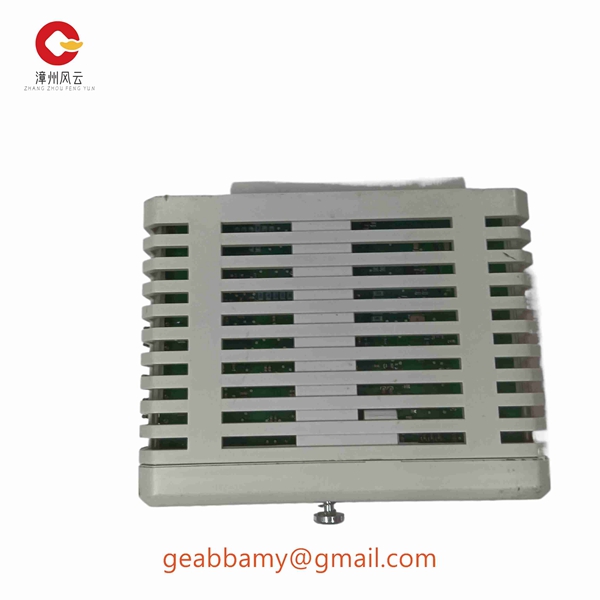
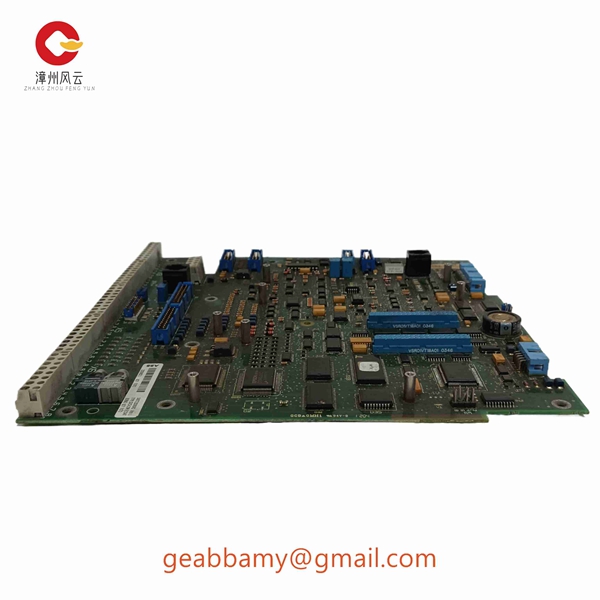
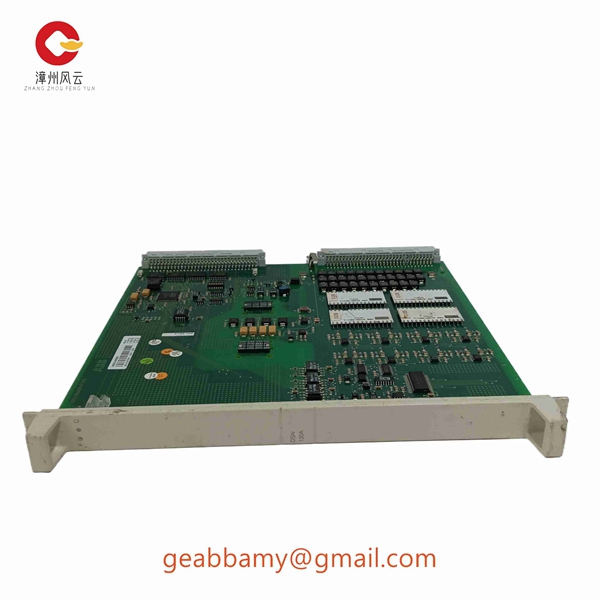
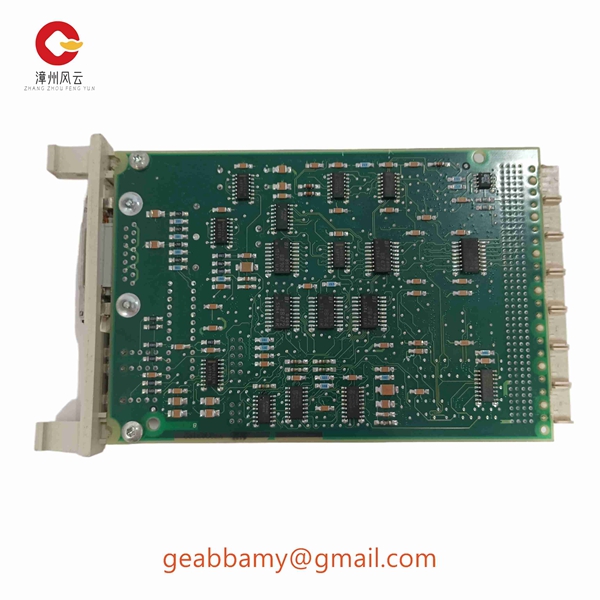
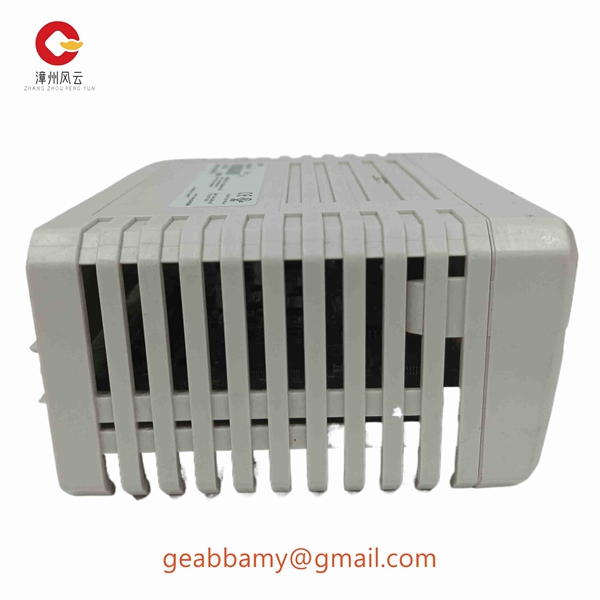
_副本.jpg)
